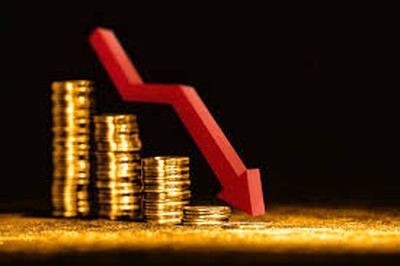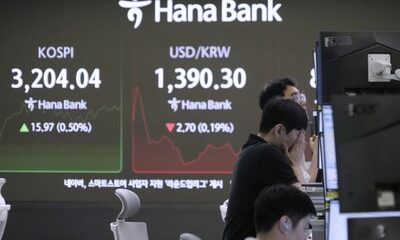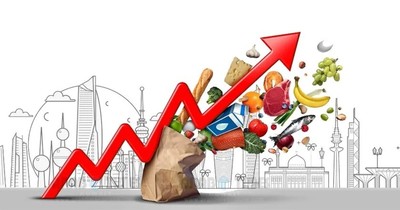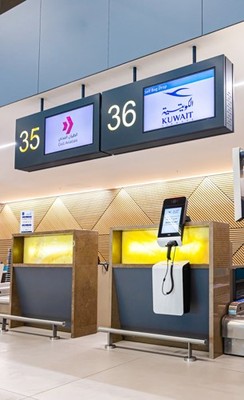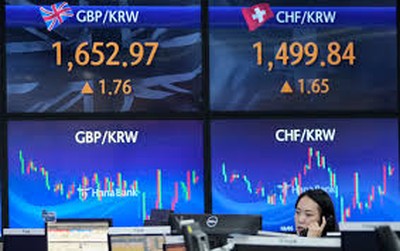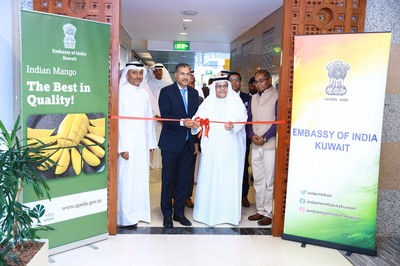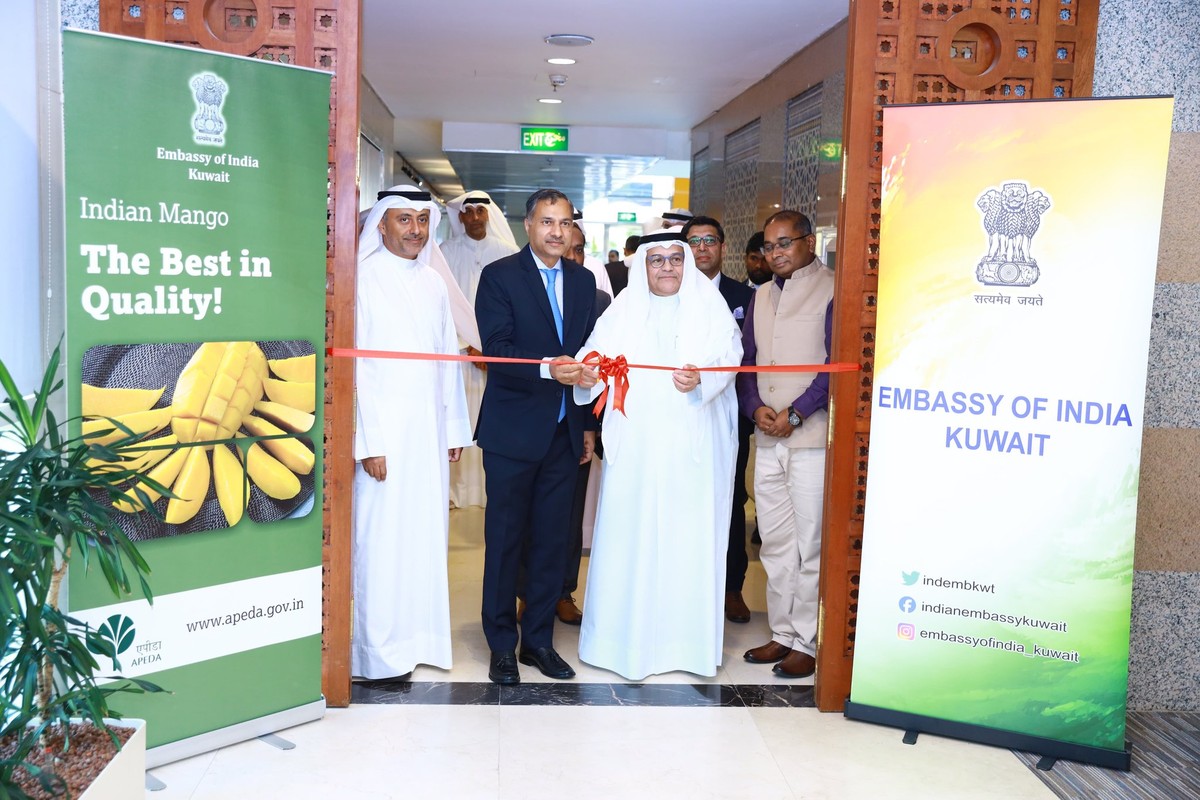BANGKOK, July 28, (AP): Stock markets in Europe and Asia shot higher Monday after the European Union worked out a trade deal with the Trump administration ahead of this week’s deadline.
U.S. futures and oil prices were higher ahead of trade talks in Stockholm between U.S. and Chinese officials.
Germany’s DAX gained 0.6% to 24,359.81, while the CAC 40 in Paris advanced 0.8% to 7,900.48. Britain’s FTSE 100 picked up 0.3% to 9,148.34.
The agreement between the EU and U.S. President Donald Trump calls for 15% tariffs on most EU exports to the U.S. Before Trump began ramping up tariffs, the level was 1%.
The deal was announced after Trump and European Commission chief Ursula von der Leyen met briefly at the president’s Turnberry golf course in Scotland. It staves off far higher import duties on both sides that might have sent shock waves through economies around the globe.
Tokyo’s Nikkei 225 index lost 1.1% to 40,998.27 after doubts surfaced over what exactly last week’s trade truce between Japan and Trump entails, especially Japan’s $550 billion pledge of investment in the U.S.
Terms of the deal are still being negotiated and nothing has been formalized in writing, said an official who insisted on anonymity to detail the terms of the talks. The official suggested the goal was for a $550 billion fund to make investments at Trump’s direction.
Hong Kong’s Hang Seng index gained 0.7% to 25,563.32, while the Shanghai Composite index edged 0.1% higher to 3,597.94.
Taiwan’s Taiex rose 0.2%. CK Hutchison, a Hong Kong conglomerate that’s selling ports at the Panama Canal, said it may seek a Chinese investor to join a consortium of buyers in a move that might please Beijing but could also bring more U.S. scrutiny to a geopolitically fraught deal.
CK Hutchison’s shares fell 0.6% on Monday in Hong Kong. Elsewhere in Asia, South Korea’s Kospi climbed 0.4% to 3,209.52, while Australia’s S&P/ASX 200 rose 0.4% to 8,697.70. India’s Sensex slipped 0.3%. Markets in Thailand were closed for a holiday.
On Friday, the S&P 500 rose 0.4% to 6,388.64, setting an all-time for the fifth time in a week.
The Dow Jones Industrial Average climbed 0.5% to 44,901.92, while the Nasdaq composite added 0.2%, closing at 21,108.32 to top its own record. Deckers, the company behind Ugg boots and Hoka shoes, jumped 11.3% after reporting stronger profit and revenue for the spring than analysts expected.
Its growth was particularly strong outside the United States, where revenue soared nearly 50%. But Intell fell 8.5% after reporting a loss for the latest quarter, when analysts were looking for a profit.
The struggling chipmaker also said it would cut thousands of jobs and eliminate other expenses as it tries to turn around its fortunes.
Intel, which helped launch Silicon Valley as the U.S. technology hub, has fallen behind rivals like Nvidia and Advanced Micro Devices while demand for artificial intelligence chips soars. Companies are under pressure to deliver solid growth in profits to justify big gains for their stock prices, which have rallied to record after record in recent weeks.
Wall Street has zoomed higher on hopes that President Donald Trump will reach trade deals with other countries that will lower his stiff proposed tariffs, along with the risk that they could cause a recession and drive up inflation.
Trump has recently announced deals with Japan and the Philippines, and the next big deadline is looming on Friday, Aug. 1. Apart from trade talks, this week will also feature a meeting by the Federal Reserve on interest rates.
Trump again on Thursday lobbied the Fed to cut rates, which he has implied could save the U.S. government money on its debt repayments. Fed Chair Jerome Powell has said he is waiting for more data about how Trump’s tariffs affect the economy and inflation before making a move.
The widespread expectation on Wall Street is that the Fed will wait until September to resume cutting interest rates. In other dealings early Monday, U.S. benchmark crude oil gained 40 cents to $65.56 per barrel. Brent crude, the international standard, added 40 cents to $68.06 per barrel. The dollar rose to 147.85 Japanese yen from 147.71 yen. The euro slipped to $1.1719 from $1.1758.

 Latest News19 hours ago
Latest News19 hours ago
 Latest News21 hours ago
Latest News21 hours ago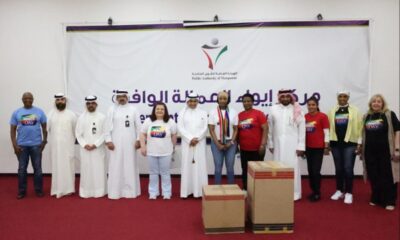
 Latest News20 hours ago
Latest News20 hours ago
 Latest News22 hours ago
Latest News22 hours ago
 Politics8 hours ago
Politics8 hours ago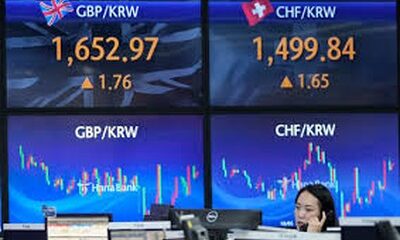
 Business13 hours ago
Business13 hours ago
 Politics12 hours ago
Politics12 hours ago
 Latest News10 hours ago
Latest News10 hours ago
